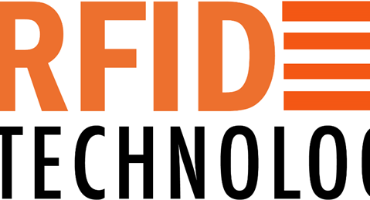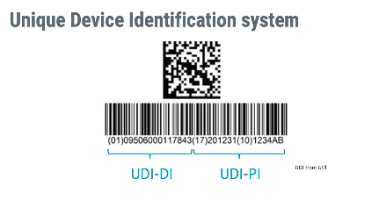RFID UHF technologies is the backbone of real-time, enterprise-scale tracking across healthcare, retail, logistics and manufacturing. By automating inventory and asset management while ensuring authentication, it cuts costs, prevents losses, and drives higher revenues — directly contributing to greater profitability.
Why RFID UHF technologies ? : Read Range: Up to 10+ meters. Bulk Scanning: Hundreds of tags read simultaneously → ideal for inventory sweeps. Low-Cost RFID Tags and RFID Labels: Passive UHF tags are inexpensive, making large-scale deployments feasible. Real-Time Tracking: Enables true visibility across facilities and supply chains.
Industry Applications:
1. Healthcare:
Asset Tracking: UHF Tags and RFID Labels on medical devices (ventilators, infusion pumps, wheelchairs) allow real-time tracking → reduces time staff spend searching.
Inventory Management: RFID cabinets track pharmaceuticals, implants, and surgical tools with instant audit trails.
Authentication: Prevents counterfeit drugs or unauthorised use of equipment.
Utilisation Gains: Hospitals can reduce asset shrinkage by 20–30% and improve equipment utilisation by 15–25%.
Profit Impact: Less equipment hoarding, lower rental costs, optimised procurement.
2. Retail
Inventory Accuracy: UHF RFID ensures up to 95% stock accuracy (vs. 65–70% with barcodes).
Real-Time Shelf Visibility: Staff know exactly what’s in stock and where → improves on-shelf availability.
Loss Prevention: RFID-enabled EAS (Electronic Article Surveillance) helps cut theft.
Omnichannel Enablement: Supports BOPIS (buy online, pick up in store) and faster fullfilment.
Profit Impact: Studies show RFID adoption boosts sales by 3–8% and reduces out-of-stocks by up to 50%.
3. Logistics & Supply Chain:
End-to-End Visibility: UHF RFID tracks pallets, cartons, and returnable assets through every stage.
Automated Gateways: RFID portals at dock doors record inbound/outbound shipments without manual scanning.
Authentication: Ensures chain-of-custody compliance (critical for pharma and high-value goods).
Efficiency Gains: Labour savings of 20–40% in scanning/counting, reduced shipping errors.
Profit Impact: Faster throughput, fewer mis-shipments, better fleet and warehouse utilisation.
4. Manufacturing:
Work-in-Process (WIP) Tracking: UHF tags on components and assemblies give real-time visibility of production stages.
Tool & Equipment Management: Tools tagged to prevent misplacement and downtime.
Inventory Automation: RFID portals and handhelds streamline raw material and finished goods tracking.
Authentication: Ensures parts authenticity (important in automotive, aerospace).
Profit Impact: Up to 25% reduction in inventory carrying costs and improved production efficiency through lower downtime.
Key Business Benefits of UHF RFID Across Industries
Real-Time Visibility → Better Decisions
Increased Efficiency → Lower Labour Costs
Higher Accuracy → Reduced Errors & Shrinkages
Better Utilisation → Fewer Idle or Lost Assets
Authentication → Stronger Brand Protection & Compliance
Profit Growth → Higher Sales, Lower Costs, Stronger ROI
RFID technologies is the backbone of real-time, enterprise-scale tracking across healthcare, retail, logistics and manufacturing. By automating inventory and asset management while ensuring authentication, it cuts costs, prevents losses, and drives higher revenues - directly contributing to greater profitability.



